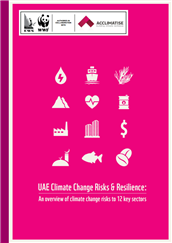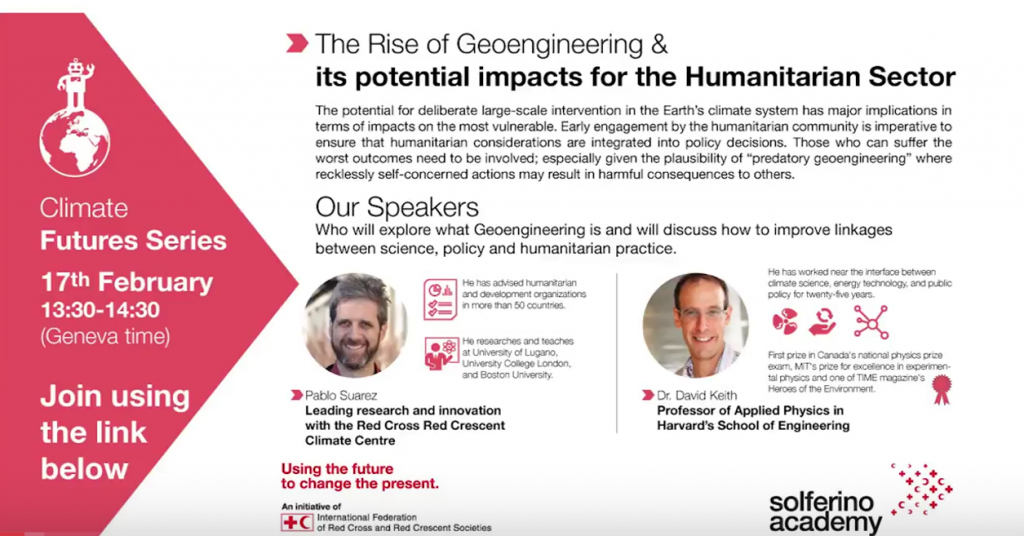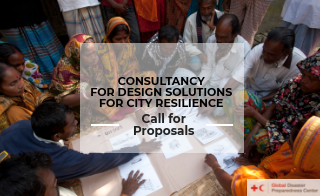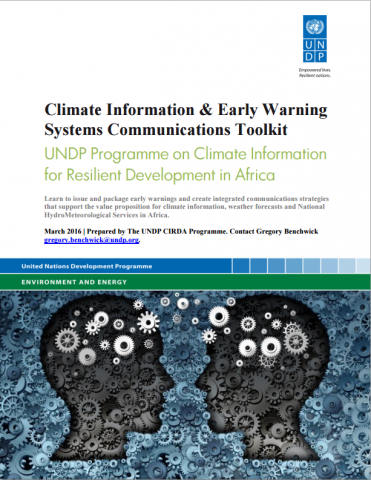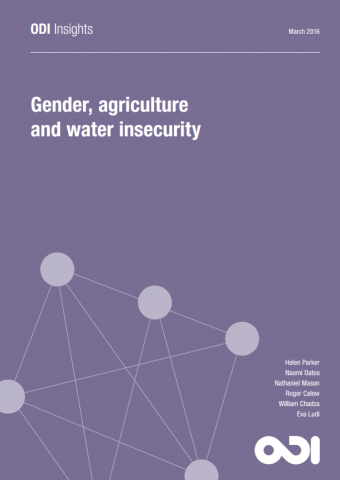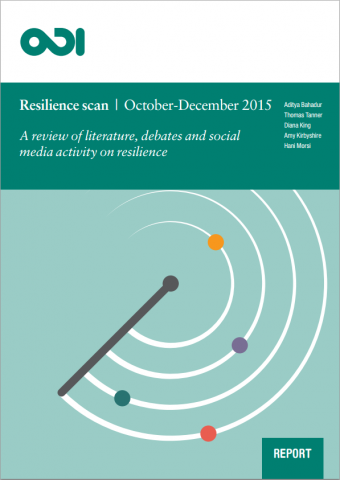UAE Climate Change Risks & Resilience: an overview of climate change risks to 12 key sectors
This report aims to improve awareness and understanding of the risks posed by climate change among public and private sector policymakers in the United Arab Emirates (UAE). It provides findings and recommendations to catalyse action, increase the prioritisation of climate change in the UAE, and encourage greater implementation of evidence-based adaptation measures. The report discusses the role of […]

